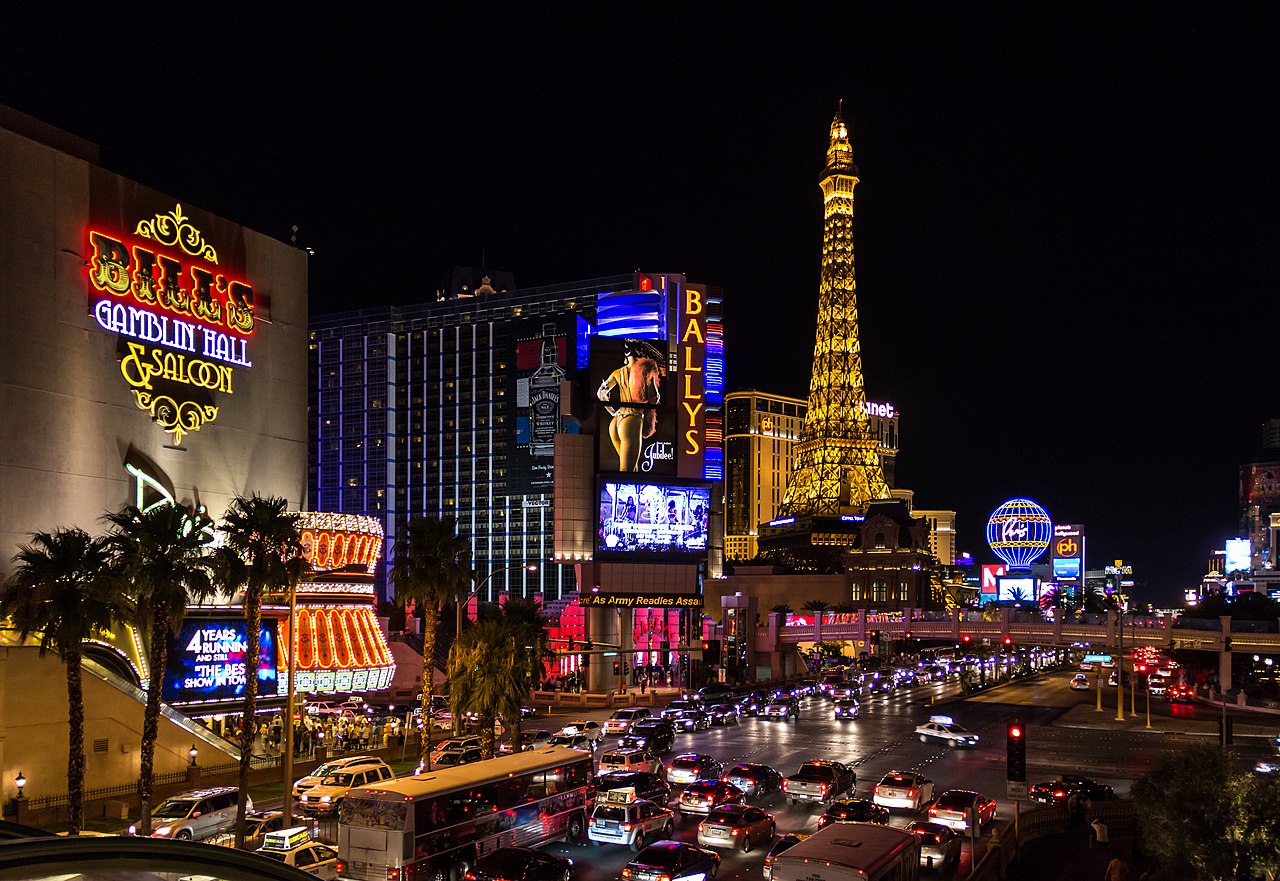‘No Hidden Fees’ Is Latest Bill in U.S. Congress to Target Hotel Junk Fees

Skift Take
A bipartisan bill introduced in the House of Representatives Friday is the latest effort to apply pressure on the travel industry to be more transparent in how it displays and markets so-called junk fees.
The No Hidden Fees Act of 2023 would prohibit hotels, short-term rental, online travel agency and metasearch platforms from excluding mandatory fees (other than taxes and other governmental charges) from the price of a reservation when marketing or displaying it.
The so-called No Hidden Fees Act, which was introduced by U.S. Representatives Young Kim, a Republican from California, and Kathy Castor, a Florida Democrat, does not detail when the mandatory fees would be required to be displayed. It doesn't state whether these fees, which might range from resort fees to hot tub fees, must be shown up-front in a listing or whether they would merely be accounted for on the booking page.
American Hotel & Lodging Association CEO Chip Rogers endorsed the legislation. “The No Hidden Fees Act creates a single standard for mandatory fee display across the lodging industry – from short-term rental platforms to online travel agencies, search engines, metasearch sites, and hotels," Rodgers said in a statement. "This legislation would ensure that wherever consumers shop for lodging, mandatory fees are included in the price they see."
Big hotel chains have been subject to lawsuits in recent years over the allegedly deceptive manner they have charged guests with mandatory resort fees. The association said Friday that only 6% of hotels in the U.S. charge resort fees.
The hotel association also backs the Hotel Fees Transparency Act, which was introduced in July by Democratic Senator Amy Klobuchar of Minnesota and Jerry Moran, a Republican from Kansas. It would address the issue of hidden resort fees for hotel stays. “It requires that the cost of the rooms are there up front. Transparency, full disclosure. So you know exactly what you’re getting into,” said Senator Klobuchar in a statement.
In March this year, two democratic senators introduced the Junk Fee Prevention Act, which would require full prices to be shown upfront and targets “surprise” and “exorbitant” fees.
President Joe Biden and Federal Trade Commission Chair Lina Khan have been advocating for proposals that would crack down on junk fees charged by events, hotels, the lodging industry and car rentals, among others.
The FTC entered its “Rule on Unfair or Deceptive Fees” into the Federal Register on November 9, kicking off a 60-day comment period through January 8. At that point, staff needs to review comments and propose a final rule for the commission to vote on.
Skift Managing Editor Lex Haris contributed to this story.





